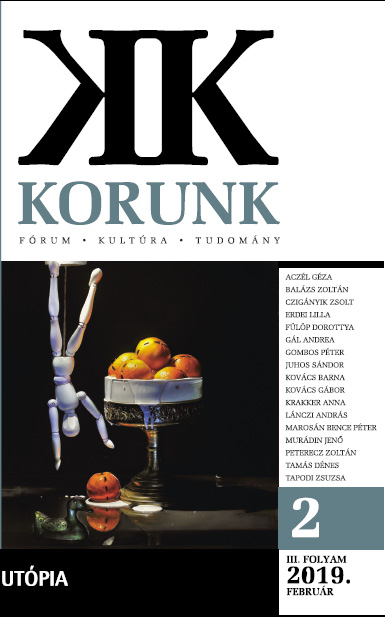Az utópia sose halott
Utopia Is Never Dead
Author(s): András LáncziSubject(s): Political Philosophy
Published by: Korunk Baráti Társaság
Keywords: utopia; political regime; rationality; J. S. Mill; radicalism
Summary/Abstract: Both ancient and modern utopias share one feature, i.e. they wish to describe the best political order by bracketing the real regimes, and rely upon what is rational. But there is a major difference between the two forms of utopian thought, namely the judgment of the possibility of the implementation of the best political order. In contrast to the ancient view, the moderns believe that the best order or regime can and should be implemented. Therefore modern utopias discarded the ancient concept of Nature (cf. J. S. Mill’s Nature), and the limited character of knowledge (cf., for instance, August Comte). Modern utopias, which abound in and assume several forms based on alleged technological and managerial development, are radical, and ready to act radically if it needs be. Owing to this special form of radicalism, modern utopias are no longer satisfied with refining ideas, but have created a more direct relationship with political reality than any time earlier in history.
Journal: Korunk
- Issue Year: 2019
- Issue No: 02
- Page Range: 3-10
- Page Count: 8
- Language: Hungarian

